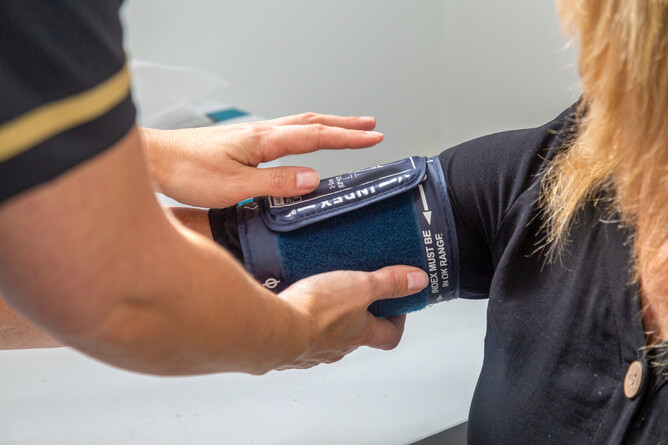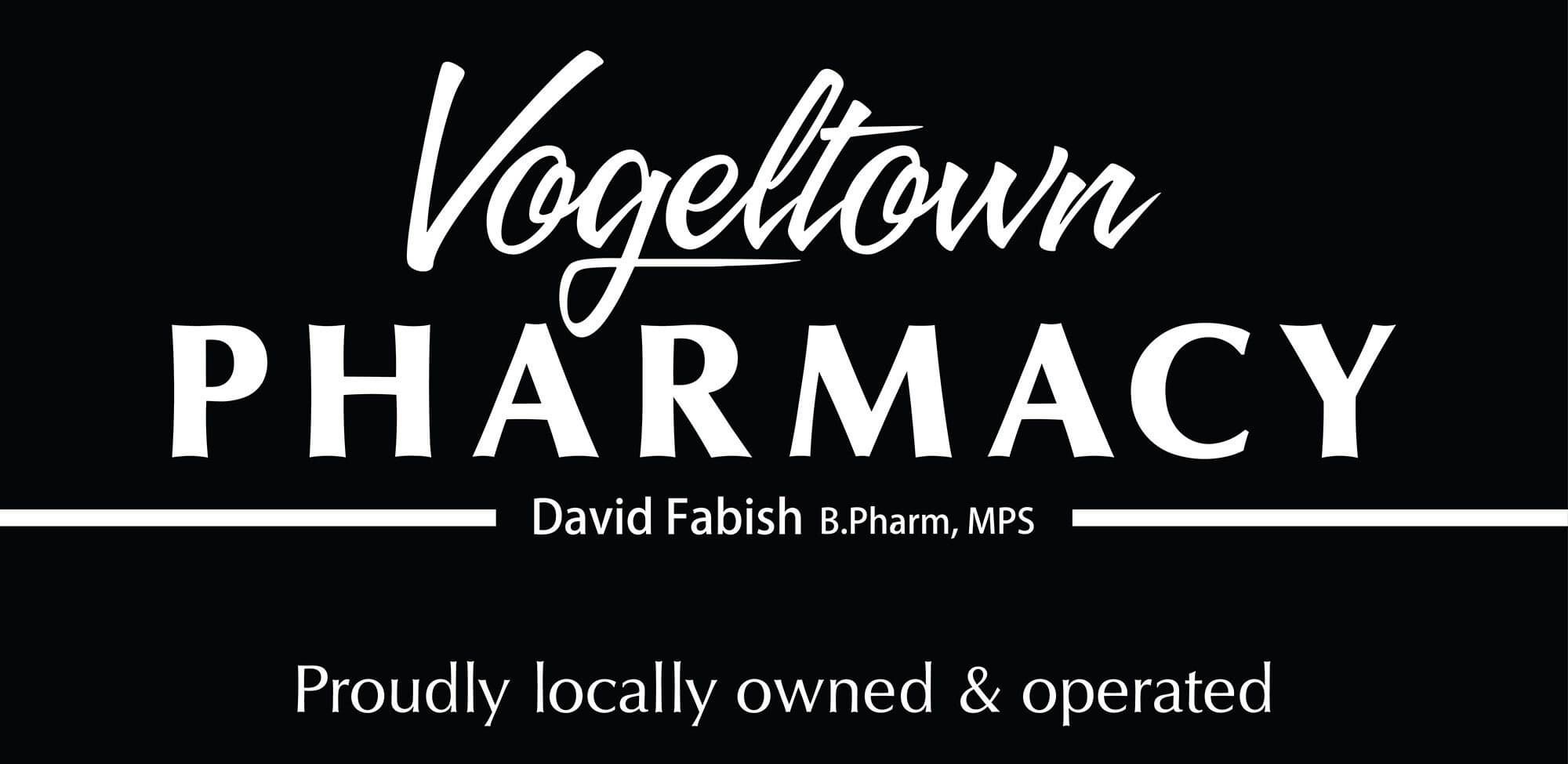Maintaining good health involves various aspects, and one crucial factor to consider is monitoring your blood pressure regularly. High blood pressure, also known as hypertension, affects millions of people worldwide and can lead to severe health complications if left unchecked. In this blog post, we will explore the significance of regular blood pressure checks and how they empower you to take charge of your health and well-being.
Key points about Blood Pressure:
Blood pressure is the force of blood pushing against the walls of your arteries as your heart pumps blood through your body.
If your blood pressure is high, your heart works harder with every heartbeat. Constant high blood pressure puts extra strain on your heart and blood vessels. This puts you at higher risk of a heart attack, heart failure, stroke, kidney failure and other health issues.
If your blood pressure is low, it's not usually a problem, but for some people low blood pressure is a sign of an underlying problem.
You should have your blood pressure checked regularly. How often depends on your age, risk factors and general health (learn more here)
Understanding Blood Pressure:
Before delving into the importance of blood pressure checks, it's essential to understand what blood pressure represents. Blood pressure is the force exerted by circulating blood against the walls of your blood vessels. It consists of two measurements: systolic pressure (the higher number) and diastolic pressure (the lower number).
Systolic pressure occurs when the heart contracts, pumping blood into the arteries, while diastolic pressure is the resting phase when the heart refills with blood.
A blood pressure reading contains two numbers and will be written as a figure like 120/75 (this is said as '120 over 75'.)
The first (top) number is the pressure when your heart beats (systolic pressure). The second (bottom) number is when your heart relaxes (diastolic pressure).
What is a normal blood pressure reading?
For most people an ideal blood pressure is 120/75, or lower.
However, the blood pressure that is 'ideal' for you depends on many factors, including your overall risk of heart attack and stroke.
If you’re already on high blood pressure medication, your ideal blood pressure will be 130/80 or below.
Why Regular Blood Pressure Checks Matter:
1. Early Detection of Hypertension: Regular blood pressure checks play a crucial role in detecting hypertension at an early stage. Hypertension often presents no noticeable symptoms, making it a silent health risk. By monitoring your blood pressure regularly, you can identify any fluctuations or abnormal readings promptly. Early detection allows for timely intervention and lifestyle modifications, reducing the risk of complications such as heart disease, stroke, or kidney problems.
2. Preventive Health Maintenance: Monitoring your blood pressure regularly is a proactive approach to preventive health maintenance. By doing so, you can identify any changes in your readings and address them promptly. Making lifestyle changes like adopting a healthier diet, increasing physical activity, managing stress, and avoiding tobacco and excessive alcohol consumption can help maintain healthy blood pressure levels.
3. Managing Existing Conditions: If you already have hypertension or other underlying health conditions, regular blood pressure checks become even more crucial. Consistent monitoring enables you and your healthcare provider to track the effectiveness of prescribed medications or lifestyle modifications. It helps ensure that your treatment plan is adequately controlling your blood pressure and reducing the risk of associated complications.
How to Check Your Blood Pressure:
Blood pressure is measured using a machine called a blood pressure monitor.
A cuff (thick band) is put over your arm. This cuff is attached to a machine which measures the pressure inside your arteries. When the machine is switched on the cuff tightens and then slowly loosens again. It is quick and painless. At the end, the machine will give a blood pressure reading.
Blood pressure is measured in millimetres of mercury (which is written as mmHg).
Checking your blood pressure is a relatively simple process. Here are a few methods you can use:
1. Home Blood Pressure Monitor: We have a number of different brands in store we can show you how to use.
Investing in a reliable home blood pressure monitor allows you to check your blood pressure conveniently. It's essential to use an approved and validated device to obtain reliable measurements.
2. Blood Pressure Checks at Vogeltown Pharmacy: We conduct blood pressure checks in a private consulting room, or if you prefer we have a range of blood pressure monitors for purchase so you can monitor your blood pressure in the privacy of your own home.
Book a blood pressure check with own of our trained staff members
3. Healthcare Provider: Regular visits to your healthcare provider are an excellent opportunity for comprehensive health check-ups, including blood pressure measurement. During these visits, your healthcare provider can also evaluate other risk factors and provide tailored advice and treatment if necessary.
Regular blood pressure checks are vital for maintaining optimal health and preventing potentially life-threatening complications. By monitoring your blood pressure consistently, you empower yourself to take charge of your well-being, detect hypertension early, and manage existing conditions effectively. Remember, prevention is key, and a proactive approach to your health can significantly improve your overall quality of life.
To find out more about the symptoms and causes of High Blood Pressure visit the websites below.
https://www.healthnavigator.org.nz/health-a-z/b/blood-pressure/
https://www.stroke.org.nz/blood-pressure
https://www.heartfoundation.org.nz/wellbeing/managing-risk/managing-high-blood-pressure




